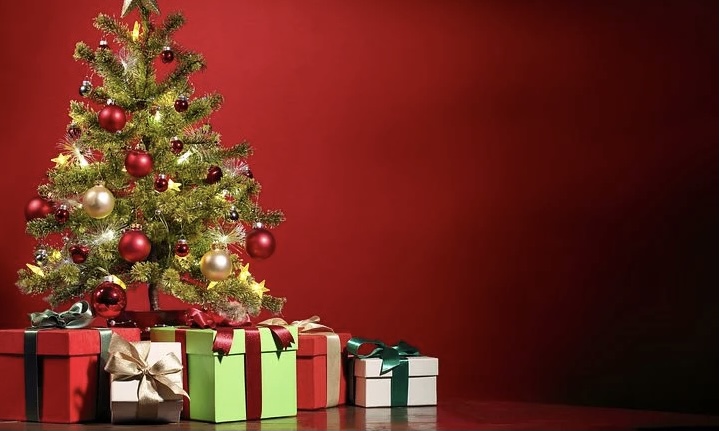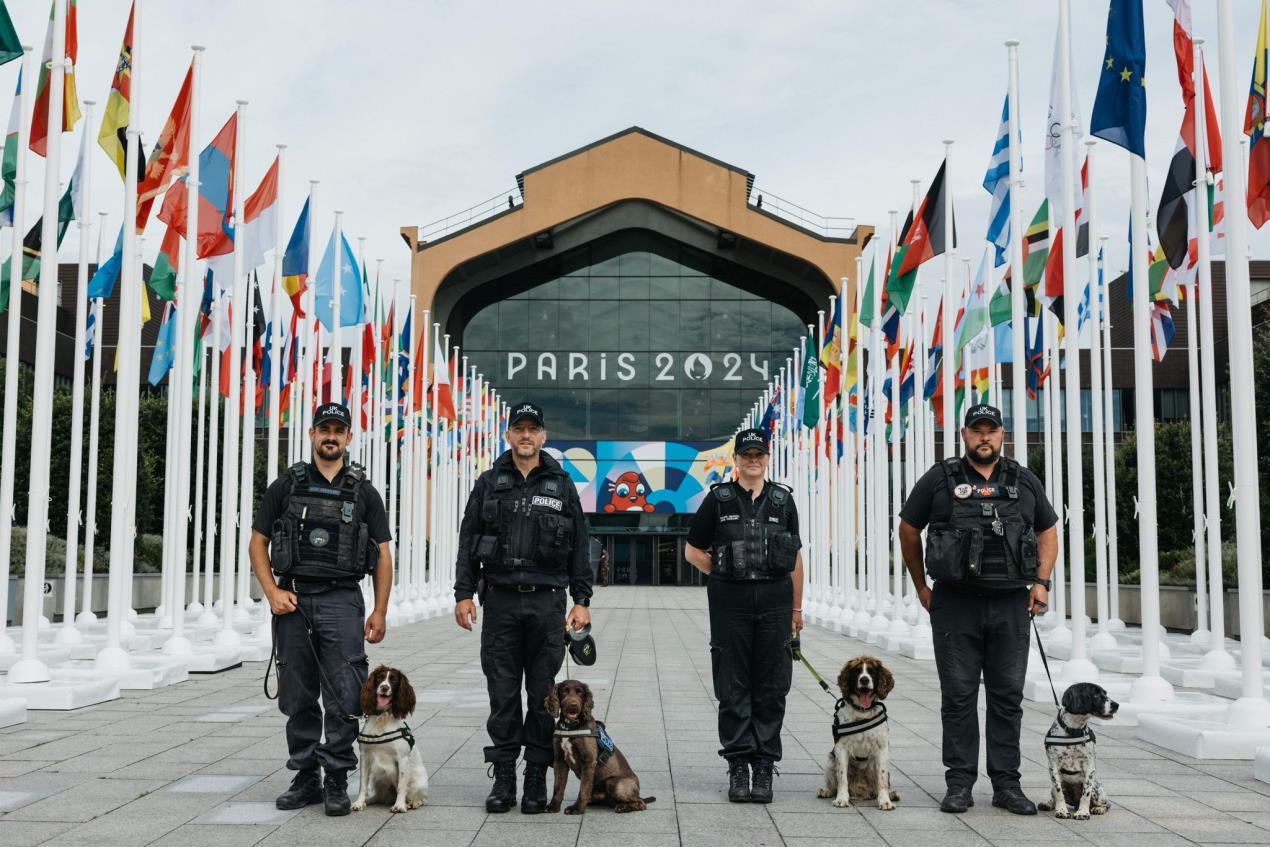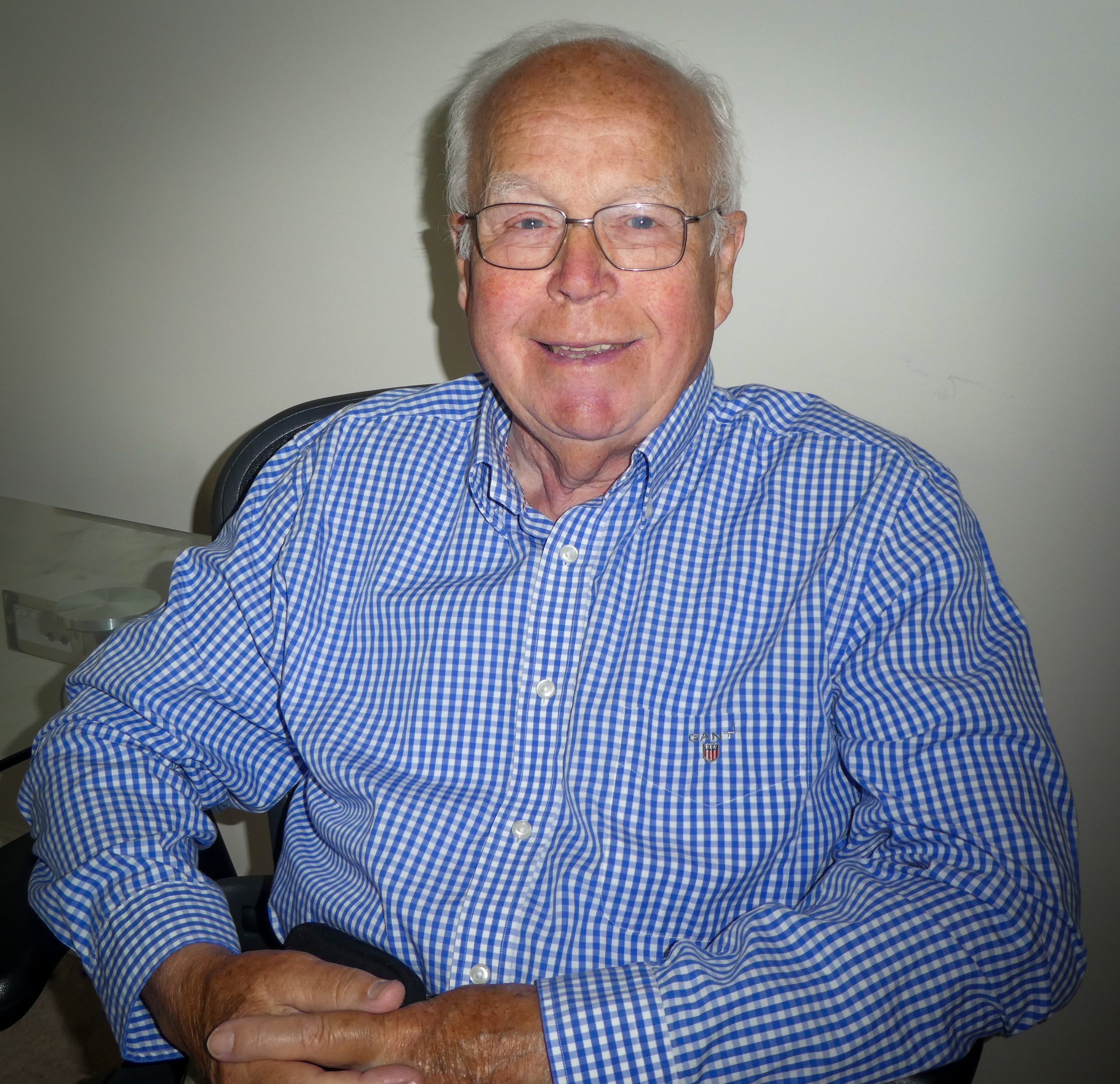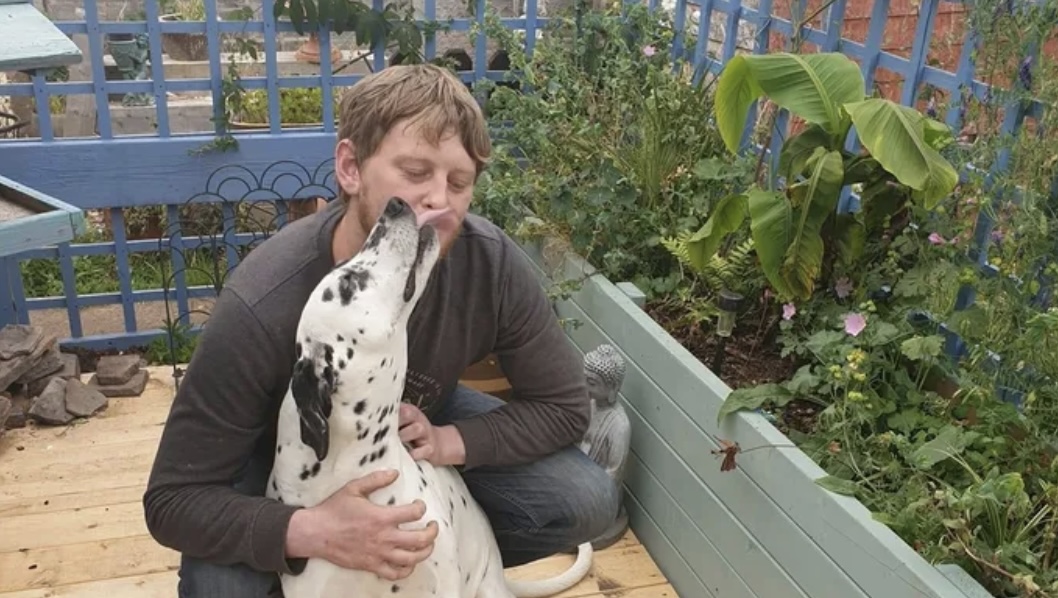As we approach the festive period, the UK government, Scottish Government, and Welsh Government are seeking to balance pragmatism with the overriding priority of protecting public health. To do this, we have joined together to issue clear guidance and recommendations, as follows.
A smaller Christmas is a safer Christmas, and a shorter Christmas is a safer Christmas. The safest way to spend this Christmas is with your own household or your existing support bubble in your own home – and we strongly recommend that this is what you do if at all possible.
We know the extraordinary lengths that people have gone to this year to protect their loved ones and the NHS. We know that people want to see life return to normal. And with vaccines now being deployed, next year we are confident it will do. But to get there safely, this cannot be a normal Christmas. We must continue to work together to prevent the spread of the virus, and to protect our friends, our families and our front-line workers.
In some areas, the number of people with COVID-19 is rising rapidly, as it is in much of Europe. It is vital that we all act responsibly over Christmas to limit the risk of further transmission and keep each other as safe as possible. One in three people who have COVID-19 don’t show symptoms but can still pass on the virus.
To protect you and your loved ones, we recommend that you think very carefully about the risks of forming a bubble. Discuss alternatives to meeting up in person, or ways of meeting up outdoors instead. Only form a bubble if you feel you absolutely need to.
If you do decide you need to form a Christmas bubble, take precautions to minimise risk by stopping unnecessary social contact outside your immediate household as soon as possible, and for at least 5 days before you meet other households in your bubble, and by working from home if you can. On no account should you visit another household if you, or anyone in your household, is feeling unwell or is self-isolating.
Scientific advice is clear: the longer you meet others for, the higher the risk of you catching and spreading the virus. If you do intend to form a bubble, you should keep the bubble small and your visits short.
The 5 day period is a window of opportunity and should be seen as a legal maximum, not a target. If you do form a bubble, we recommend that you meet with it for the shortest possible time. You should not stay overnight unless absolutely unavoidable.
It is particularly important to think about the greater risks to more vulnerable people. If you are over 70 or clinically extremely vulnerable, think carefully about the risks. The safest approach may be not to form a Christmas bubble. If you do form a Christmas bubble, then be especially careful to observe the guidance: meet outdoors where possible, wash your hands regularly, keep a distance from those you do not live with. If you meet indoors, ensure good ventilation by letting in fresh air. The clinically extremely vulnerable and the elderly will be prioritised for vaccination in the early part of next year.
If you are in an existing household or support bubble with someone who is clinically extremely vulnerable, think carefully. To help reduce the risks to their health, the safest approach would be to celebrate with your household or support bubble and not with others.
If you are forming a Christmas bubble you should consider carefully the risks of travelling at all. If you live in an area with the highest level of protection, for example, tier 3 in England and level 4 in Scotland, you should avoid travelling to lower prevalence areas where possible. Each administration will issue specific travel advice based on its own circumstances. If you have to travel, book ahead to enable you and others to travel safely and plan your outward and return journeys carefully. Once you arrive you should stay local and not travel within the area.
If you form a Christmas bubble, practise safe behaviours:
- washing your hands
- making space between members of different households wherever you can
- letting in fresh air.
Following these behaviours, even within the home, will greatly reduce the risk of transmission.
We will all need to carry on practising safe behaviours after Christmas. This means shopping only if you can do so safely: shop online where you can; avoid crowds; and, if you are in crowded areas, wear a face covering and only go where it is well ventilated.
It is also really important to cut down on social contact after seeing your Christmas bubble, to reduce the risk of chains of transmission. This includes not meeting up with friends or family outside your household for New Year’s Eve. The tier or level rules will be in place on New Year’s Eve / Hogmanay and it is essential, as the minimum, that these are followed by everyone.
By taking these steps together, we can all enjoy a safer Christmas.




